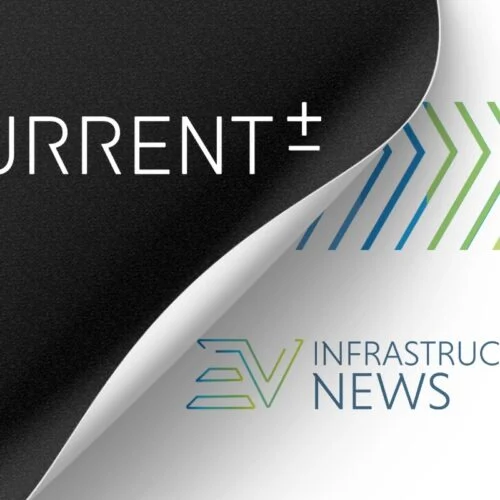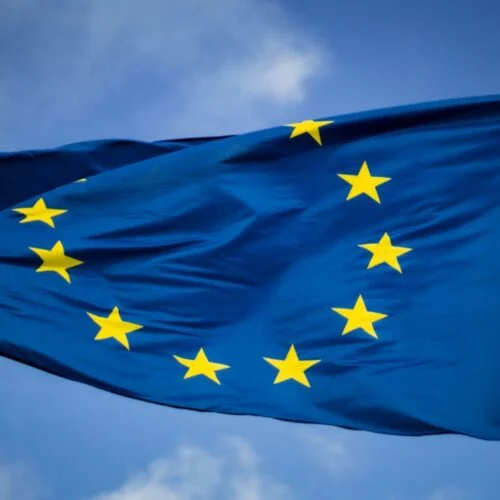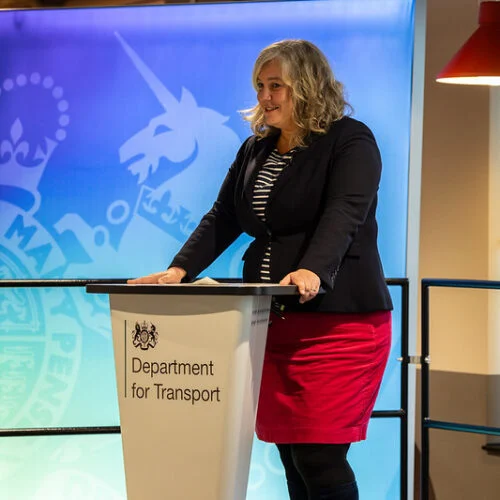Earlier this month, the UK energy market welcomed a new kind of supplier to its ranks. Digital platform Pure Planet garnered interest after stating its unique offering of a renewable energy supply delivered ‘at cost’ to homeowners, in the latest approach taken to undercut the declining dominance of the Big Six.
Pure Planet was started when the co-founders of what is now Virgin Media, who went on to leading roles at a number of other household names in the telecoms sector, spotted a gap in the energy market for a new breed of energy company.
Steven Day, co-founder of Pure Planet, sat down with Clean Energy News to explain the new approach, and what the company’s unique offer could mean for the UK energy supply market.
Pure Planet was founded by you and others coming from a strong background in telecoms. What led you into the energy market?
Our background is really in consumer marketing, which was our experience when we were at Virgin, Orange, T-Mobile and EE. If you think about it, it’s a large customer base that we had to manage, it was transactional and we were introducing new services, propositions and new technologies all the time. We think we’ve got an opportunity to bring to bear some of those skills, particular digital skills and consumer marketing experience.
We’re not energy experts but what we’ve been very keen to do is hire some energy expertise into our team and partnered with what we believe to be best in class providers to help us understand and address the market.
Your offering centres on renewable energy delivered at cost in a green tariff sector that has yet to fully take off among homeowners. What brought you to this proposition?
What struck us was that 25% of the generation in the UK on an average day is renewable, and climbing quite steeply, yet consumers with a tariff which is 100% renewable is less than 1%. So to us there is an obvious mismatch and when we looked around at what was out there, the green power was expensive relative to the market averages. We wondered if we could flip that and make renewable power cheaper than brown power, and that’s what we ended up delivering.
Our aim was to be able to offer renewable for less than polluting and to do it with such a sufficient gap from a pricing point of view that it became a double no-brainer for consumers. The idea of going for value for money is clearly well-understood and is a massive driver of consumer behaviour so we thought if we could make ourselves so competitive that we’re in the pack for the best value for money, and green, why wouldn’t you?
Is what led you to the ‘you pay what we pay’ model?
We’ve ended up with a very deliberate design around the unit price and the standing charge to introduce honesty and transparency. There’s no trickery; here’s the rate we’re paying for it, here’s the rate we’re going to sell it for. It’s as clean as it can get from that perspective, both in terms of the source and the monetary proposition because it’s as cheap as it can be.
Octopus and Engie have recently announced their own ‘transparent’ low price offers, particularly the former which shows its profit share in the unit price and standing charge. If you deliver on a ‘you pay what we pay offer’ where is your profit margin and what do you gain from this?
It’s included only in the standing charge. The reason that we think the ‘you pay what we pay’ philosophy is the best way to go is energy efficiency.
If you look historically there are many companies that have tried to have conversations with their consumers about energy efficiency and to us it feels duplicitous and false because they make money on that unit rate of energy consumed, so how can you believe them as a consumer? It feels half-hearted so we think there’s an opportunity for Pure Planet, as our business grows and our offering to the public becomes ever more smart and digital and dynamic, to have a genuine, fair and honest conversation with consumers about energy efficiency measures.
By presenting yourselves as this honest, transparent independent energy company are you purposely tapping into the market trend away from the Big Six that makes offerings like yours more attractive?
Yes, absolutely. The research we’ve seen to date such as the Competition and Market Authority review and all the commentary we get from newspapers and politicians has pointed to a broad dissatisfaction with the way the industry is serving consumers. That’s not to say everyone is bad and there are many good offers out there but collectively there is something about the way the industry has been perceived which is not good from a consumer point of view.
I think that by virtue creates opportunities for companies like ours to come in with something different and fresh and modern to try and change the way consumers interact and therefore, their perception.
You’ve partnered with BP by using its energy procurement resources, while the company itself has a 23.7% minority stake in Pure Planet. Is there a trade-off there against your status as an independent?
No because we are an independent company, they don’t have a majority or an operational role on a day-to-day basis.
I think there’s a benefit as what we’ve found is that people like the fact that there is a well-known trusted brand that is behind the scenes that is an energy specialist.
There are several new brands that have entered this market in recent years that are small and they have remained small or medium sized but I think it’s important when you’ve had the recent case of GB Energy which was a few months ago, which potentially could cause people to lose faith in new companies, that we have big backing that adds to our authority and trust and credibility.
You’ve taken the position of a digital platform energy company. What does this offer to consumers and how does it fit within the business model?
We’re very focused on sustainability, smart and shared principles within our proposition. On the smart side, clearly for us that doesn’t just mean smart tech in its various forms, it also means doing the business smartly and making it easy for customers to sign up. It was very important for us to make that experience slick and quick and easy, so sign-up is less than 60 seconds and that’s quite important for people who historically say it’s difficult to switch.
The shared [principles] is quite important to us as well in this digital world; to be part of something that is actually now fundamental to the way we live as consumers. It struck us that most energy companies around the world are not yet anywhere near their counterparts in other sectors in terms of embracing digital technology and that kind of conversational interface with customers. It felt to us, with our telecommunications background, that is the way that energy is going to go and with smart meters it feels absolutely bang on.
Making it much more digital from the off, you can strike up a new style of relationship with consumers that hasn’t been seen in the UK to date.
Currently Pure Planet is only available to households. How are you looking to grow the business in the long-term?
In the future there’s all sorts of opportunities. We want this brand to be bigger than just being a utility supplier, we want Pure Planet to be about owning your environment in so many different ways and having an energy supplier is one aspect of that. From a technology point of view, storage, generation, peer-to-peer; they’re not in our immediate plans but there’s potential.





